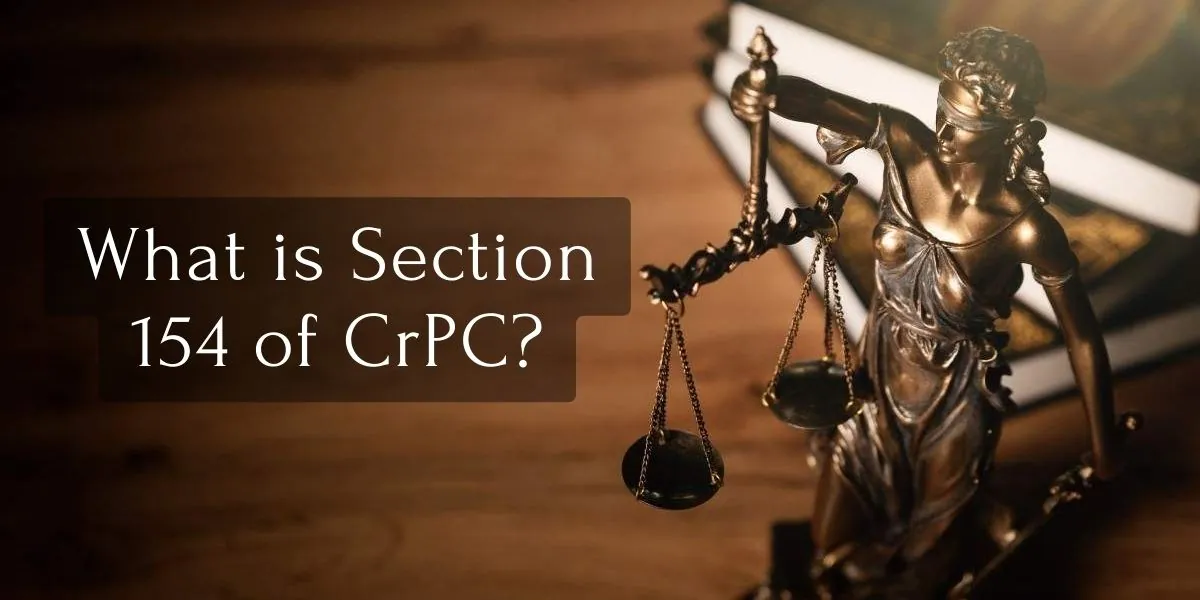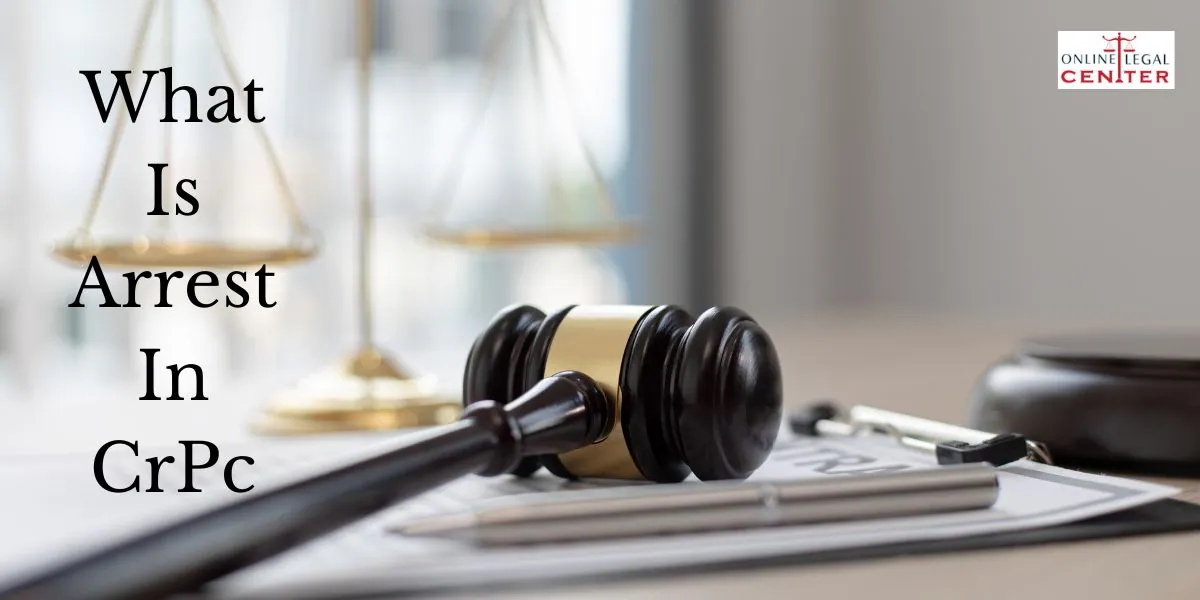Section 154 of the Code of Criminal Procedure (CrPC) plays a pivotal role in the Indian legal system by providing the framework for the registration of a First Information Report (FIR). An FIR is a critical document that sets the criminal justice system in motion, and understanding its significance is essential for every citizen.
Introduction to Section 154 CrPC
In India, the First Information Report is the first step in addressing a criminal offense. It is a written document that records the information about the commission of a cognizable offense. This report is crucial as it officially sets the wheels of justice in motion.
Importance of Filing an FIR
Filing an FIR is vital for several reasons. It not only helps in the investigation and prosecution of crimes but also serves as a safeguard for individuals\’ rights. It ensures that law enforcement agencies promptly act upon receiving information about a crime, preventing any undue delay.
The Legal Framework
Section 154 of the CrPC provides the legal framework for lodging an FIR. This section makes it obligatory for the police to register an FIR when they receive information about the commission of a cognizable offense. A cognizable offense is a serious crime where the police can take action without the need for a court order.
Who Can File an FIR?
Any person who has information about a cognizable offense can file an FIR. This includes not only the victim but also witnesses or any person who knows about the crime.
When Should You File an FIR?
It is crucial to file an FIR as soon as you become aware of a cognizable offense. Timely reporting ensures that the police can take immediate action to apprehend the accused and collect evidence.
The Process of Filing an FIR
Filing an FIR involves a specific procedure, and understanding it is essential to navigate the legal process effectively.
Where to Lodge an FIR?
You can file an FIR at the police station having jurisdiction over the area where the offense occurred. Jurisdiction refers to the authority of the police station to investigate and take action in a specific geographical area.
What Information Should an FIR Contain?
An FIR must contain specific information, including the name and address of the complainant, the date, time, and place of the offense, and a detailed description of the incident. Providing accurate and complete information is crucial for a successful investigation.
The Role of the Police
Once the FIR is registered, the police have a legal duty to initiate an investigation promptly. They must record statements, collect evidence, and take necessary actions to ensure justice is served.
First Information Report vs. Complaint
It\’s essential to distinguish between an FIR and a complaint. An FIR is a formal document filed with the police, leading to a criminal investigation. A complaint, on the other hand, is a request made to a magistrate, which can result in a trial.
Investigation and Role of the Police
Understanding the investigative process and the role of the police in it is critical.
Initiation of Investigation
Upon receiving the FIR, the police commence their investigation. They gather evidence, interview witnesses, and work towards identifying and apprehending the accused.
Recording of Statements
Recording statements of the complainant, witnesses, and suspects is a crucial part of the investigation process. These statements serve as evidence during the trial.
Evidence Collection
The police are responsible for collecting all relevant evidence, which may include physical evidence, witness statements, and any other information related to the case.
The Role of the Officer-in-Charge
The officer in charge of the police station where the FIR is registered is responsible for overseeing the investigation. They play a crucial role in ensuring that the investigation is carried out fairly and impartially.
Implications and Consequences
Once the FIR is registered and the investigation is underway, several implications and consequences follow.
After the FIR is Registered
After registering the FIR, the police take necessary actions, which may include making arrests, conducting searches, and collecting evidence. The accused is entitled to legal rights, and the investigation should be conducted within the bounds of the law.
FAQs
- What is the significance of filing an FIR under Section 154 of CrPC?
A. Filing a First Information Report (FIR) under Section 154 of the Code of Criminal Procedure (CrPC) is significant because it is the first step in initiating the legal process for investigating and addressing a cognizable offense. It sets the criminal justice system in motion, ensuring prompt action by the police and safeguarding the rights of the individuals involved.
- Who can file an FIR, and when should it be filed?
A. Any person who has information about the commission of a cognizable offense can file an FIR. This includes the victim, witnesses, or anyone with knowledge of the crime. It should be filed as soon as one becomes aware of the offense to enable swift police action and evidence collection.
- How does the investigation process unfold after the FIR is registered?
A. After the FIR is registered, the police initiate an investigation. This involves collecting evidence, recording statements of witnesses and suspects, and taking necessary actions to identify and apprehend the accused. The investigation should be conducted in accordance with legal procedures and the rights of the accused.
- What is the difference between an FIR and a complaint?
A. An FIR is a formal document filed with the police, which leads to a criminal investigation. It is the first step in addressing a cognizable offense. A complaint, on the other hand, is a request made to a magistrate and can result in a trial. The key difference is that an FIR triggers an investigation by the police, while a complaint initiates legal proceedings in court.
- What rights do the accused have after the FIR is registered?
A. The accused have legal rights, including the right to legal representation, the right to remain silent, and the right to a fair trial. The investigation must be conducted within the bounds of the law, respecting these rights. If arrested, the accused is entitled to due process and should be informed of the charges against them.
Conclusion
Section 154 of the CrPC is a fundamental provision in the Indian legal system, ensuring that every cognizable offense is promptly reported, investigated, and addressed. Filing an FIR is not just a legal requirement but also a critical step in upholding justice.
Related Post:

